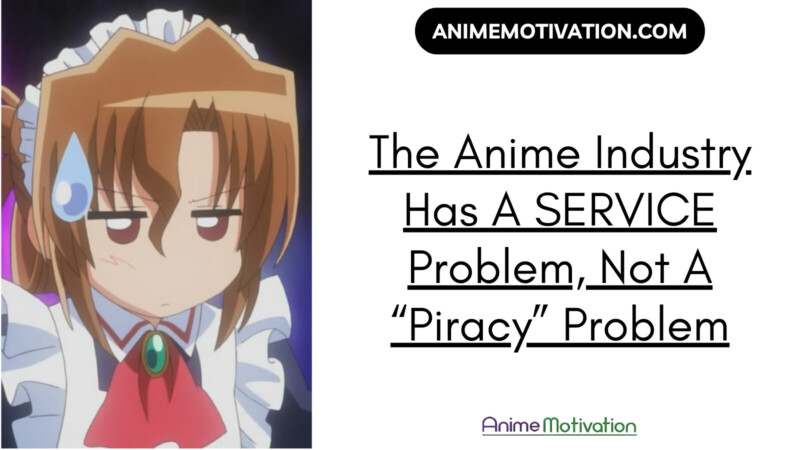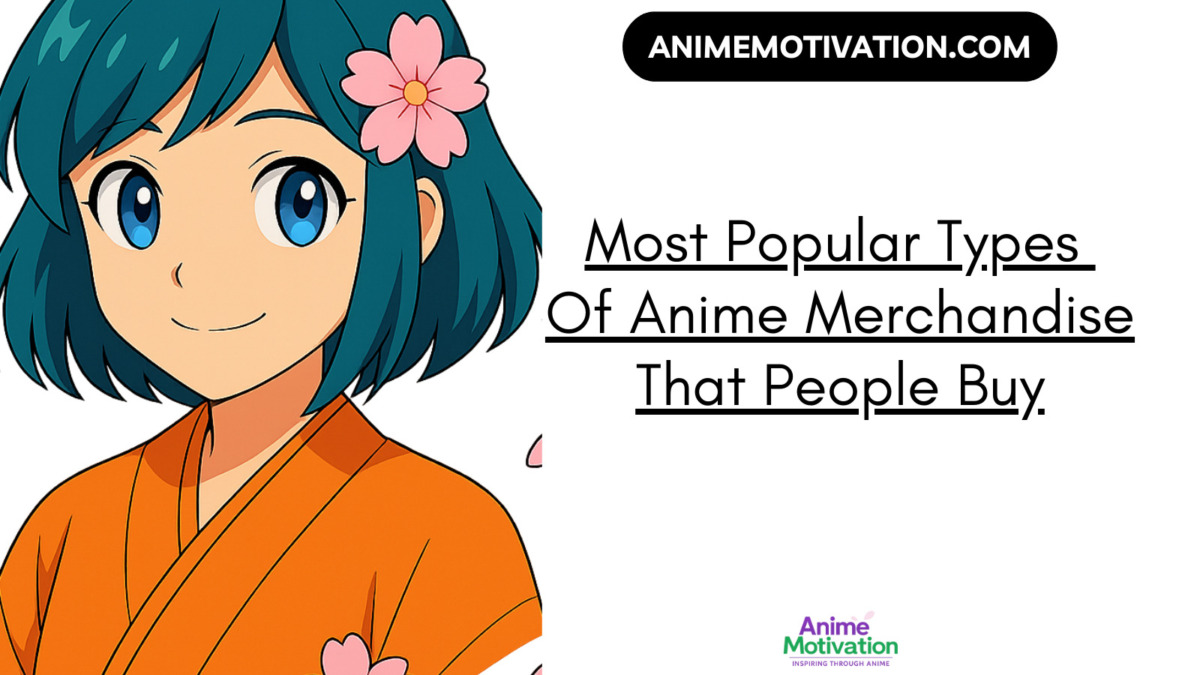Back in November 2011, a man named Gabe Newell had this to say about piracy:
Piracy Is a Service Problem.
And that’s not all either.
He then went on to say:
“We think there is a fundamental misconception about piracy. Piracy is almost always a service problem and not a pricing problem. If a pirate offers a product anywhere in the world, 24 x 7, purchasable from the convenience of your personal computer, and the legal provider says the product is region-locked, will come to your country 3 months after the US release, and can only be purchased at a brick and mortar store, then the pirate’s service is more valuable.” – Gabe Newell
Source: Piracy Is A Service Problem – Escapist
I couldn’t agree more with the above quote, because it’s SO DAMN TRUE.
It’s what I’ve said multiple times on so many occasions.
One example was this post I did about piracy in the anime industry: Why Piracy Is Hurting The Anime Industry.
The industry refuses to acknowledge “service” as the cause of piracy

What the “average” company in the anime industry will do is aggressively pursue pirate sites. And if successful, they’ll shut them down. Even to the point where they’re charged or arrested.
But the problem with this tactic is – it’s a short-term solution to a long-term problem. Pirates can upload content faster than companies can shut them down for copyright claims.
It’s a losing battle, equivalent to a fox trying to chase 100 rabbits at the same time.
Here’s how one anime fan put it on Quora:
“In my personal opinion, the anime industry should stop being so pig-headed and change their strategy, similar to that of Netflix.”
And another anime fan mentioned something similar:
“While piracy may be illegal, it looks like the anime industry has a service problem more than a piracy problem.”
Source: Is Piracy Killing The Anime Industry? – Quora
REALITY CHECK: Piracy happens BECAUSE the service is bullshit
Instead of focusing on tactics (short-term), companies should focus on strategy (long-term).
That’s where the real solutions are hiding, which will benefit us all.
Let’s use Funimation as an example of “service”

Their slogan is: Anime. Anytime. Anywhere.
While their slogan might sound simple and noble, to what extent is it true? How many anime fans in the world are able to get anime, anytime, anywhere without restrictions?
The reality looks disgustingly different to the intentions behind Funimation’s catchy-slogan.
When most fans like myself visit Funimation, we’re bound to see a message like this:

That’s the message that pops up when I try visiting a page for
And then there’s Crunchyroll

Crunchyroll at best has around 500-600+ anime shows. To give you perspective: there are around 20,000+ anime shows in existence.
Even if you add Crunchyroll, Funimation, and other
Every fan has different tastes, so this creates a huge issue. And not only that, like with Funimation, a lot of Crunchyroll content is inaccessible in multiple countries.
Or rather: you just can’t watch it in your country.
An anime fan puts it another way:
“India.”
It might sound like I’m picking on Funimation & Crunchyroll, because after all, they’re not inherently at fault. A lot of these issues stem from Japanese companies after all. The homeland of anime.
But it’s still worth mentioning because piracy is an enormous issue outside of Japan. And the reason for that is licensing issues, and a lackluster approach to improving services overall.
Which is why we’re in this shitty mess in the first place.
That’s not to say there aren’t other issues, but we’ll leave that for another day.
Is Bad Service A Good Excuse To Watch Pirated Anime Shows?

That’s not what I’m saying, but at the same time that’s not how it works either.
We pirate things not because of morality or ethics, but because of convenience and pleasure. “Bad” service in the anime industry is too painful to deal with.
There isn’t a single anime
The pirates aren’t at fault (at least not 100%), the main fault is the industry. And it’s about time the industry (and everyone who cares for it) took responsibility for what’s happening.
The video game industry doesn’t have these problems, which is why it continues to grow. The anime industry could learn a thing or too. Especially from similar industries that do it right.
The time for “conventional” thinking is over and done. It’s about time we looked towards the future, and figured out a way to create it today.
If not, the anime industry won’t have the best future to speak of. Especially if it focuses on pirates verses life-changing solutions.
And more importantly: the fact that piracy is a service problem disguised as a pirate problem.
When the service improves, the anime industry will improve, too
And when that happens?
Piracy won’t even exist, because it’ll be too convenient for us to NOT pay for the anime we know and love.

Recommended:
An Open Letter To The Anime Industry About PIRACY
An Open Letter To The Anime Community (Advice For Anime Fans)
[lasso ref=”chick-wars-popular” id=”104878″ link_id=”56501″]
























